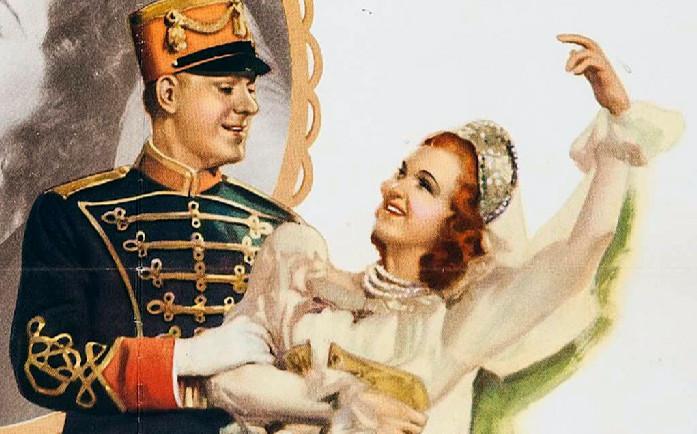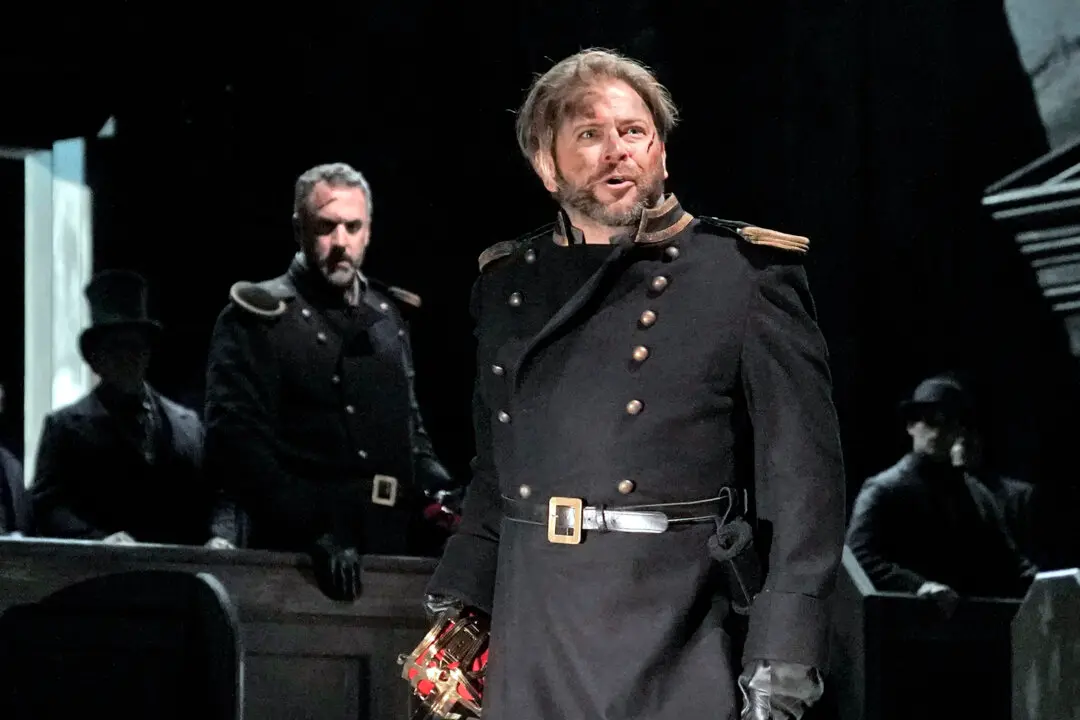Commentary
Why is it so easy to forget romance after marriage? Why do so many couples settle into the complacency of commitment and not seek to stimulate the love in their relationship? Emily Post, author of the 1922 book “Etiquette in Society, in Business, in Politics, and at Home” used the term “grey flannel wrapper habit” to describe a housewife’s lack of care for her appearance around the house and cautioned women against it. It’s so easy to forget that the very reason you got married was because you’re in love and want to spend your lives together. Many classic films and television shows depict very romantic, loving married couples who succeed in keeping the sparks alive, but others serve as cautionary tales by showing the opposite.





